Self-Driving Cars Don’t Have to Suck, As We Found Out While Cruising in a ‘Hands-Free’ Cadillac
Getting there is half the fun.

Cadillac’s CT6 sedan is now available with Super Cruise, the company’s hands-free highway driving system that marks an important advance toward autonomous driving.
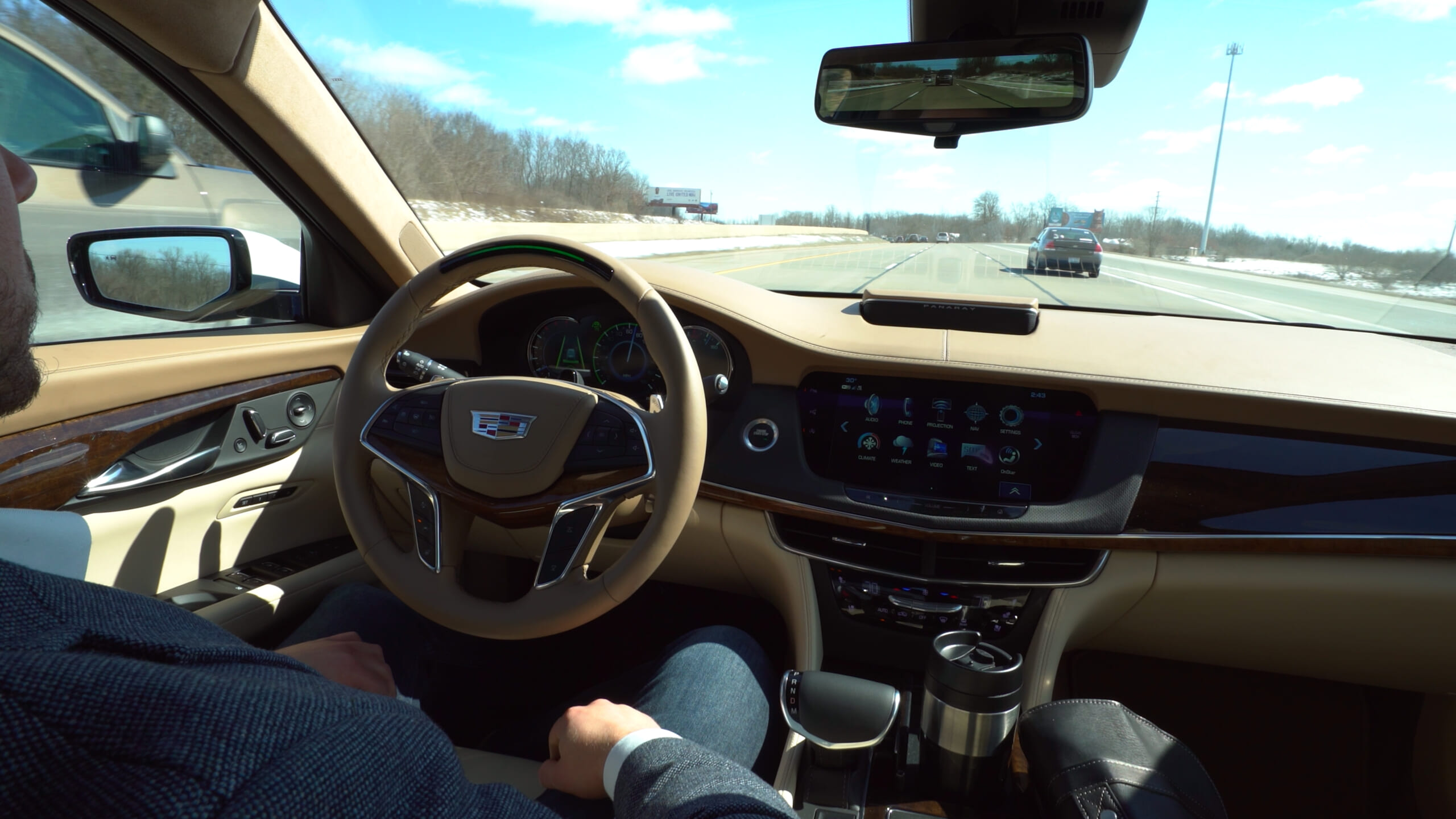
Yes, Tesla’s Autopilot already provides the same capability, but Cadillac has taken a more conservative approach to its self-driving car that make Super Cruise the better system today.
https://www.youtube.com/watch?v=_rxW68ADldI
Remember that fatal Tesla Autopilot crash that happened when the driver ignored the car’s warnings to take the steering wheel before it plowed into the trailer of a truck that was making a turn across the road?
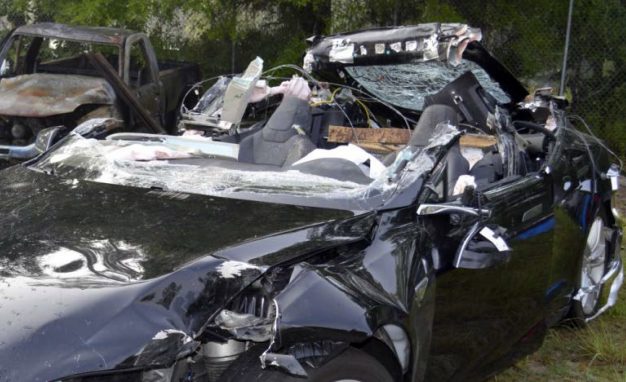
That can’t happen with Super Cruise for a couple reasons. Cadillac makes Super Cruise available only on limited access highways, where there are no vehicles making turns across the path of travel, as happened in the Tesla’s case.
And if CT6 drivers continue to ignore warnings to re-take control of the vehicle, the car will stop, so it can’t run into anything.
Super Cruise also uses a tiny camera mounted atop the steering column to watch the driver, ensuring the driver is watching the road ahead and not looking at something else, like their phone.
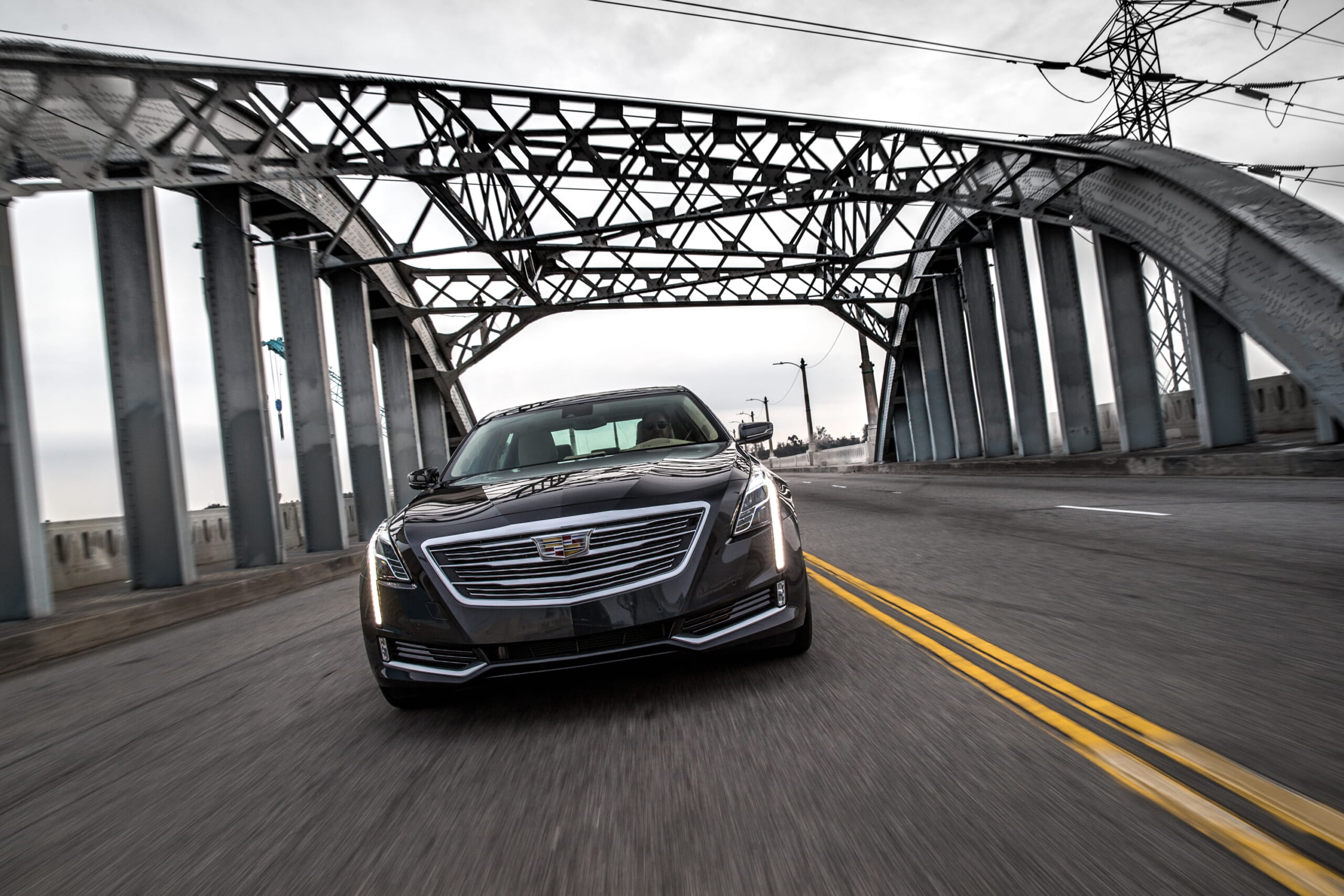
With such a drastically reduced workload, it is possible that Super Cruise drivers will be bored into falling asleep more often, but in that case the computer will notice from its camera surveillance of the driver and try to wake them. Failing that, the car will stop.
Cadillac is aiming to prove the utility of Super Cruise in a cross-country drive letting journalists tag-team a group of CT6s from New York to Los Angeles.
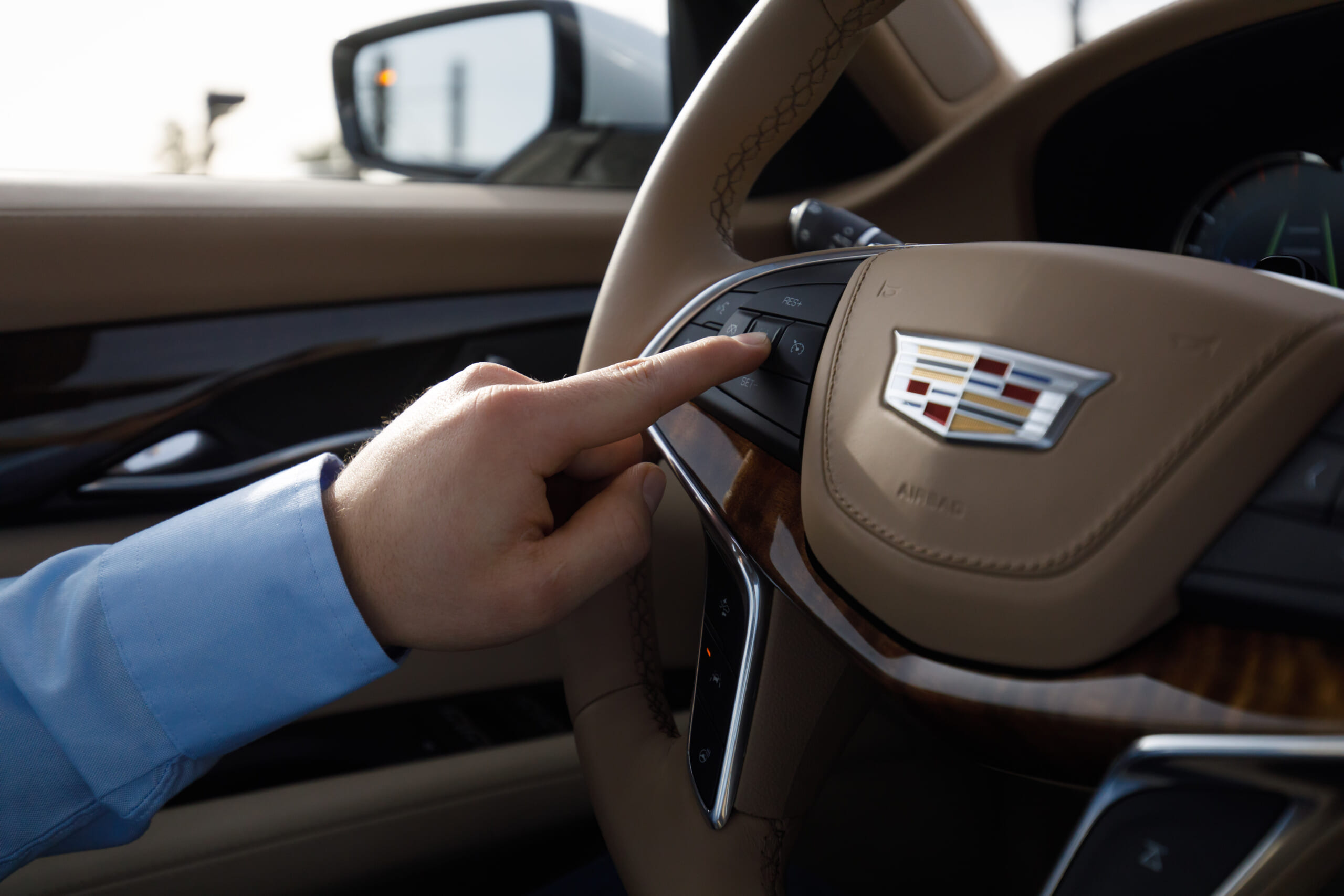
Before they left, we took a turn in the driver’s seat to sample the technology. You start by accelerating the CT6 onto a suitable limited-access highway that Cadillac has carefully mapped using LIDAR sensors for maximum detail. That’s when the tiny steering wheel icon that looks more like a devil horns symbol will appear in white on the dashboard, telling you Super Cruise is available.
To activate the system, press the Super Cruise button on the left side the steering wheel and center the car in the lane. You’ll know you’re in the right spot when the LED bar atop the steering wheel lights up green. At that point you can release the steering wheel.
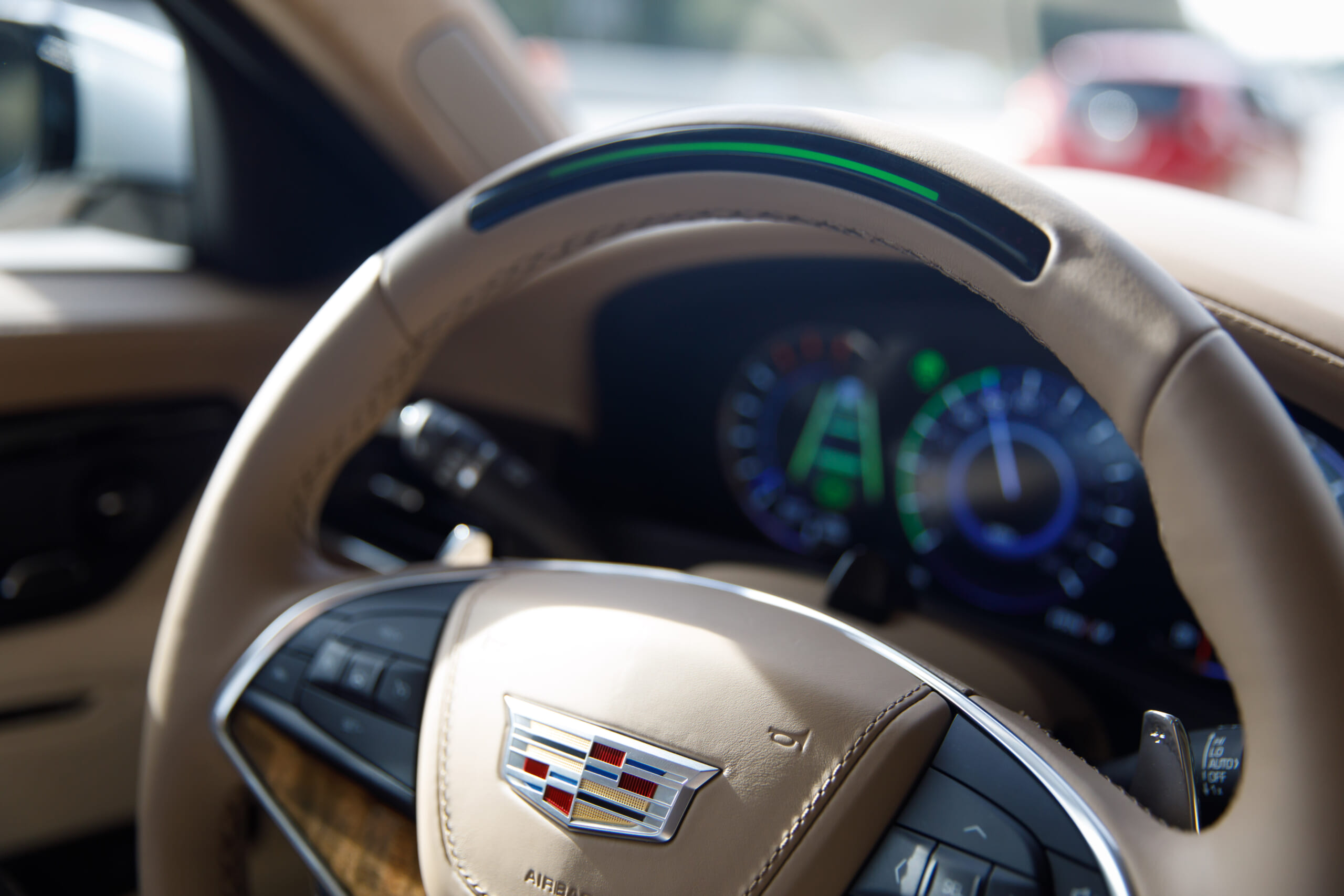
The little devil horns emblem turns green to indicate Super Cruise is at work, and you don’t need to put your hands back on the wheel periodically to prove that you’re still there, as with the Tesla Autopilot. Super Cruise can just drive itself, adjusting speed for the traffic ahead.
Want to pass a slower-moving car? Just signal the lane change and steer into the left lane. Then press the Super Cruise button and center the car in the lane again to resume automatic driving. It works simply and intuitively, unlike the gymnastics required to launch the Dodge Demon on a drag strip run using the car’s transmission brake.
Super Cruise demonstrates more intelligence than other current adaptive cruise control and autonomous driving system. When a car merges into the lane ahead, other systems spot this interloper as it appears far inside the computer’s acceptable following distance and they immediately apply hard braking, sometimes flashing a collision warning.
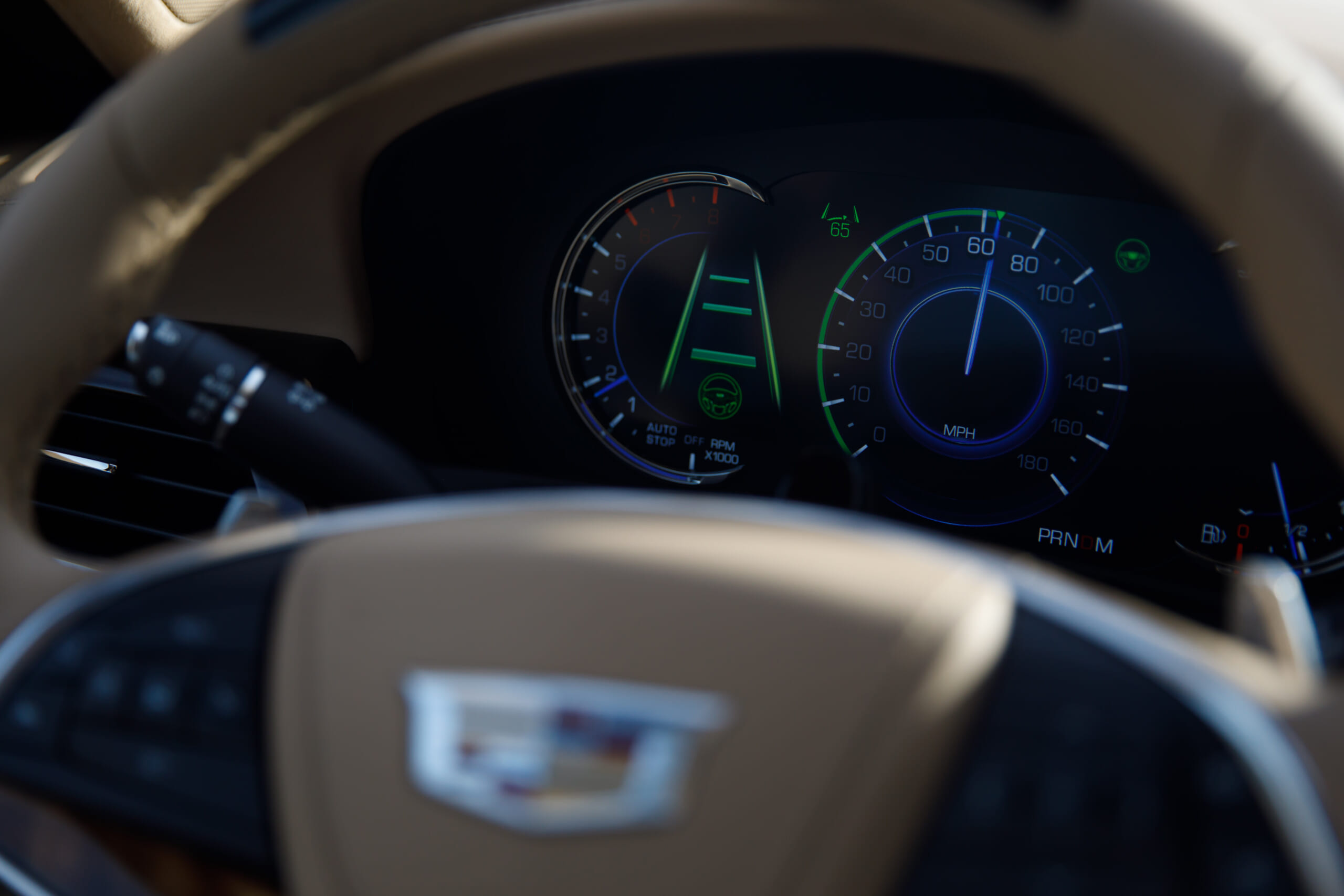
Super Cruise responds as a human driver would, easing off the gas to give some space to the intruder. And in the case of one such car that was headed further left, the merging car left the lane before the Cadillac’s response was obvious and we resumed following the original car ahead at a safe distance.
Such systems are works in progress, and as such, leave room for improvement. Super Cruise does a good job of keeping a steady hand on the wheel when driving straight, so it avoids the ping-pong effect of bouncing from one side of the lane to the other that some system demonstrate.
However, it does run into that issue occasionally in curves when the car will turn slightly after the road has bent, heading the car toward the edge of the lane at an angle, then making a sharp correction to stay in the lane.
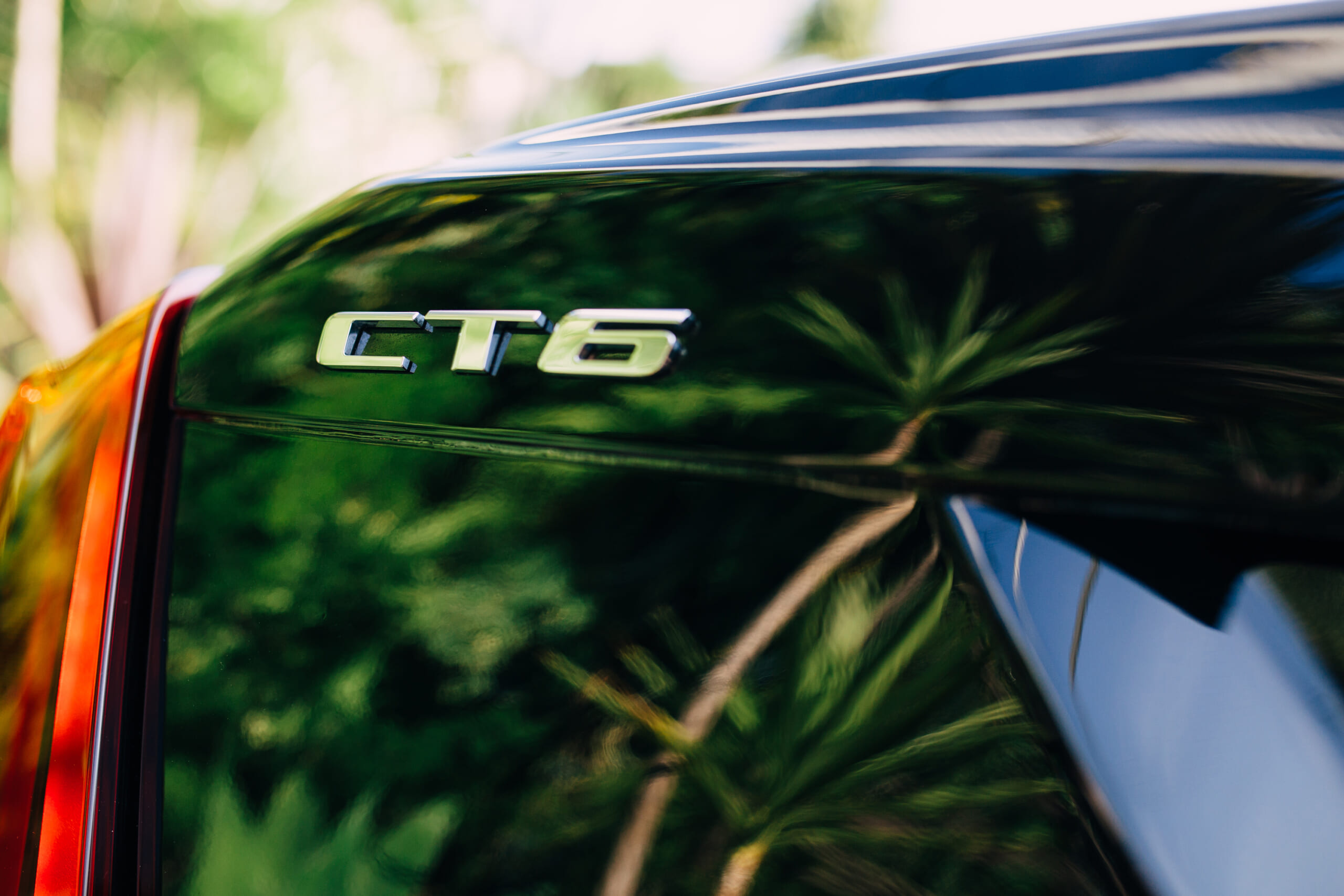
It also demonstrates a tendency to hug close to the centerline of the road. When in the right lane, it rides to the left side of the lane and when in the left lane, it sticks close to the ride side. This can present a concern when passing or being passed by another car also driving very close to that line or very large vehicles that fill the entire lane.
So, as with any new tech, there are details Cadillac can improve on Super Cruise over time, but for now, it is clearly the best hands-free driving technology available.
